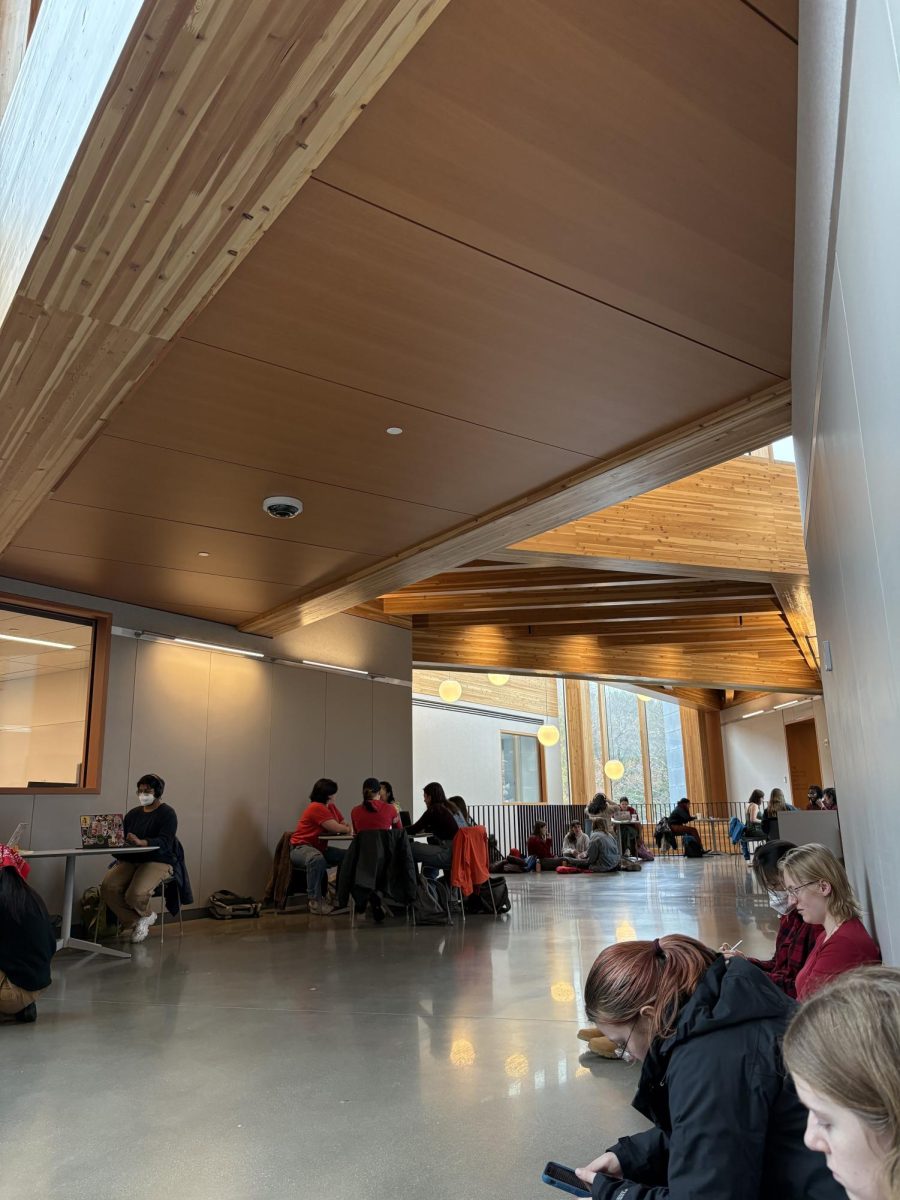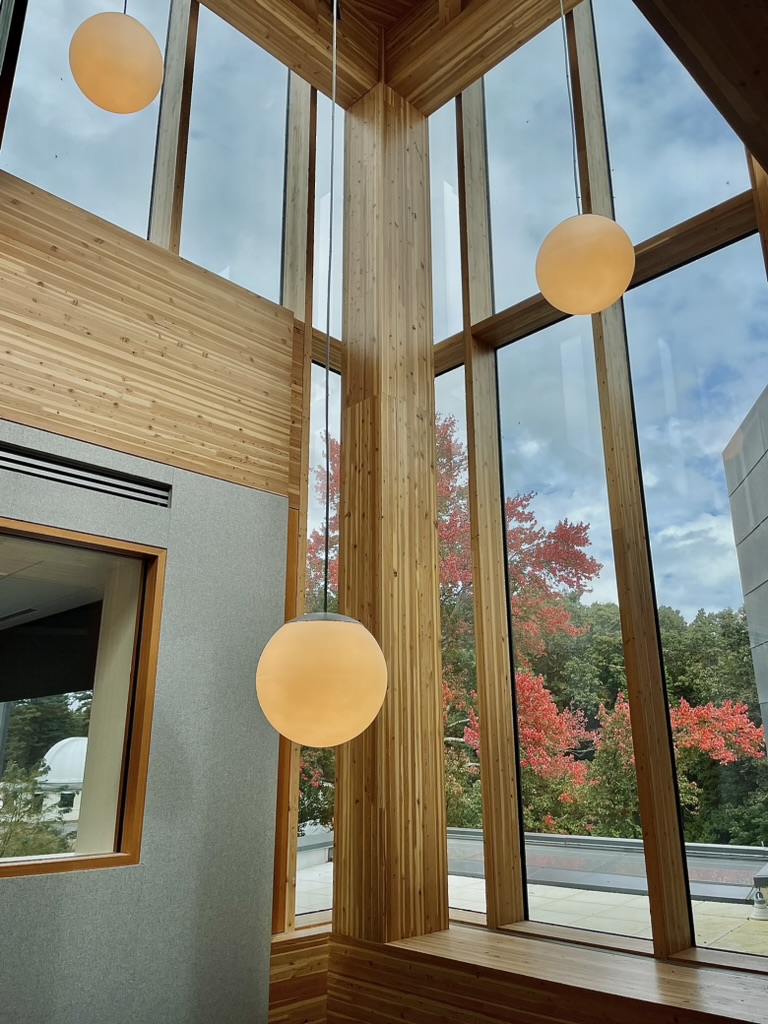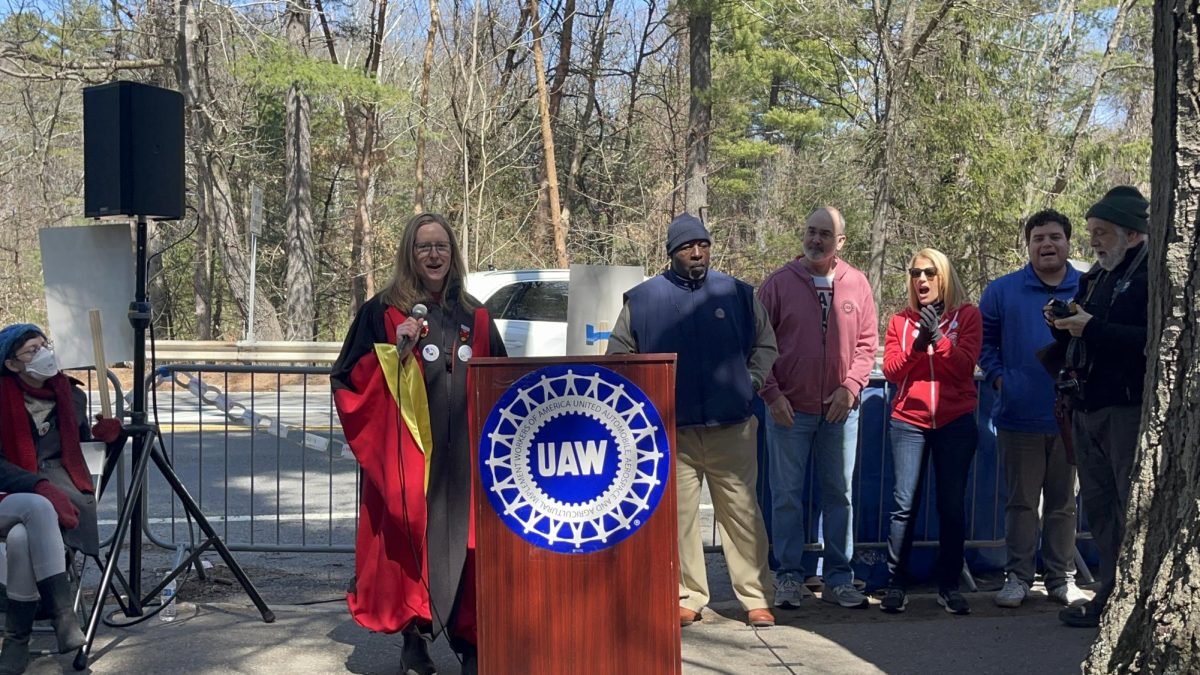When the International Student Union was founded, it was envisioned to “fundamentally change the culture” of Wellesley College by addressing the specific needs of international students.
International students face different and often overlooked sets of challenges while studying in the United States. Especially under the Trump administration, international students and other immigrants have faced increasingly oppositional and xenophobic national policies, such as the suspension of the Deferred Action for Childhood Arrivals program. .
The ISU focuses on structural barriers that, according to an ISU e-board member, “prevent international students from realizing [their] full potential.” The union acknowledges that all international students experience these structural barriers differently, prioritizing low-income and/or undocumented students. With the recent notice from Vice President and Dean of Students Sheilah Horton asking students working off-campus to quit their jobs immediately, financial situations have only worsened for these students. The pandemic itself has delayed processes necessary for international students to fulfill their education and obtain necessary documents for remaining in the country. e. For example, the closest immigration office in Framingham is operating at a slower pace and blocking international students from obtaining social security numbers, which are necessary to work.
“Because of COVID-19, visa programs [offered] by consulates in other countries are currently closed, so you can’t get your new visa,” an ISU member who wished to stay anonymous said. “So, how do you ever come back?”
According to students, the combination of financial strain and the possibility of not being able to continue one’s studies have not all been addressed by the administration, thus forcing students to take matters into their own hands. Organizing during a pandemic has its drawbacks, such as a loss of physical interaction, or meeting in person with the administration, but the ISU has endured. Additionally, the time difference in various countries can make organizing meetings difficult.
The pandemic has laid bare our institutions’ faults and inequities and simultaneously opened people up to radicalization, to “start engaging in the work that needs to be done,” said a member. Their main concern, like many other organizations, is that not being able to meet in person diminishes their impact and visibility on campus.
“Because of our inability [to meet in person], it makes us seem like we’re not doing much, and it’s hard to take us seriously,” another ISU member said.
On the other hand, the union has reached a wider global audience via Zoom and social media (@isu_wellesley) to propel their cause and events.
“We’ve seen solidarity from the Wellesley Leftist Union (WLU), a working relationship with Raiz and signatures on our petitions,” another ISU member mentioned, referring to the DHS petition emailed school-wide on Oct. 6.
Specific policies the ISU is fighting against includes xenophobic legislation and the requirement for additional documents that may be hard to find. On Sept. 25, 2020, the Department of Homeland Security announced the suspension of the duration of status (D/S) for F students and dependents, J, exchange students and dependents, and I, visas for foreign media representatives. An F student is an individual with a student visa permitting them to study in the US, while a J exchange visitor is an individual permitted to participate in exchange programs. They hold nonimmigrant visas given to individuals visiting the United States temporarily. Xenophobic legislation like this threatens the plans of people immigrating to the US; this legislation placed constrictions on the grace period allowed for immigrant students in the US. The need for additional documentation to submit extension applications and an attempt to ban 4-year visas makes it much more difficult for international students to stay in the US.
Following the published rule, students, families, organizers, colleges and universities petitioned against it. These events galvanized international Wellesley students, who were studying from home and on campus, to form an International Student Union (ISU). Unlike Slater, which plays a large role in legal matters and protections and is run by members of administration, the ISU is represented by students. This student-led organization has the ability to hold Wellesley College and our community accountable in times of crisis, unlike Slater, where conflicts of interest would arise.
ISU’s mission was encapsulated by one of the organization’s e-board members, who wished to remain anonymous: “Students are best represented by students who are going through the same thing.”
On the horizon for the International Student Union is a solid position in the community, and in the short term, definite financial aid. The union plans to launch a campaign for financial aid in the future because Wellesley’s current financial plan is not need-blind for students who are not US citizens or permanent residents.
“We want to be a force to be reckoned with,” an e-board member said. “When anything comes up, you need to think of the international and immigrant community.”






